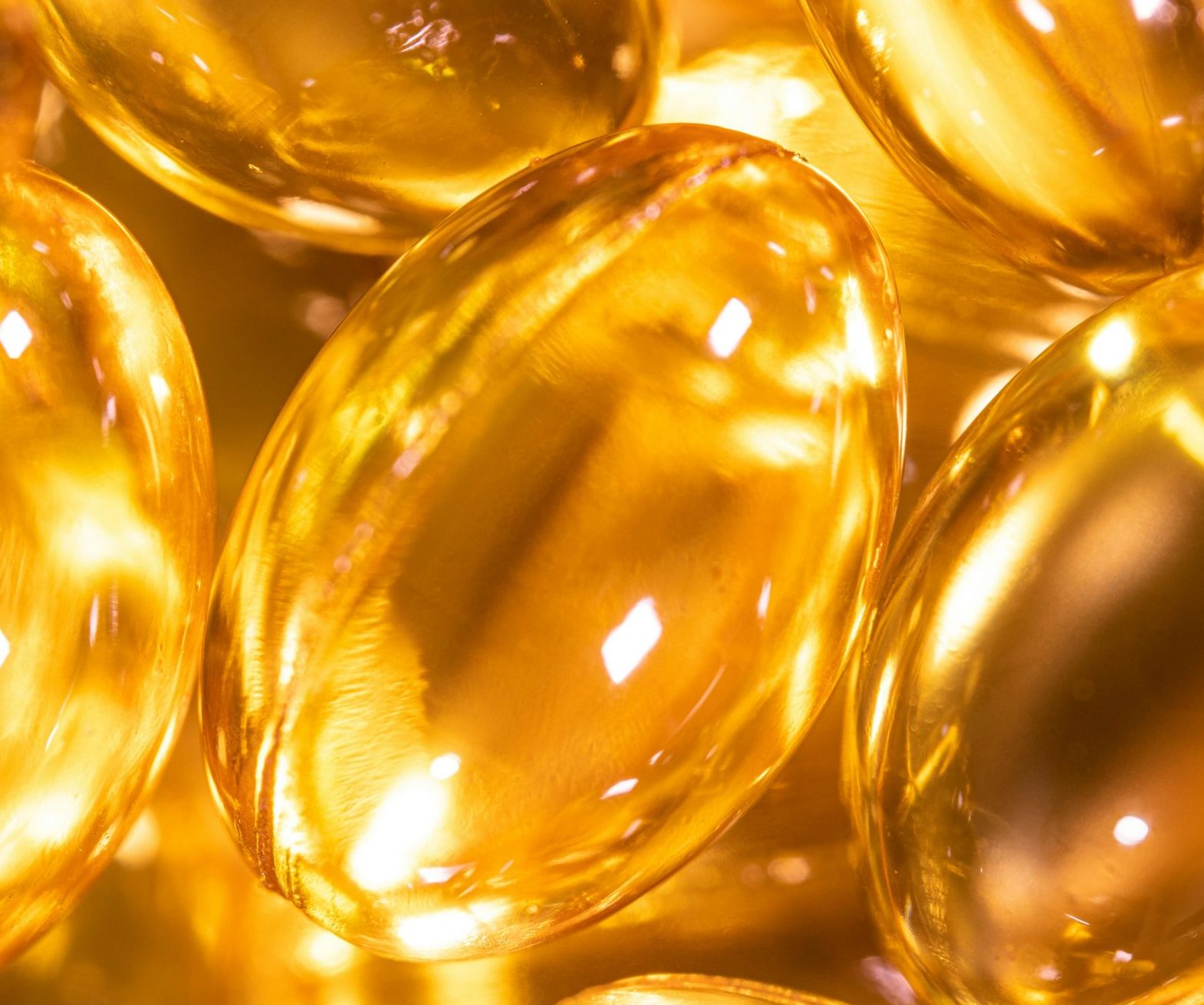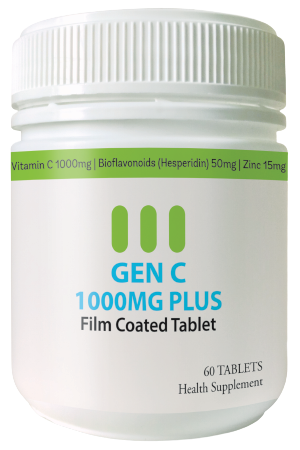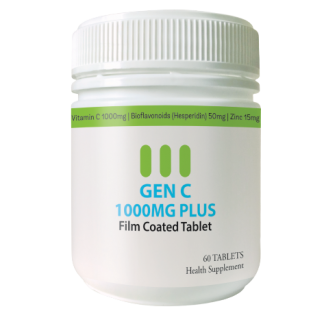
The Ultimate Guide to Omega-3 Fish Oil: Benefits, Dosage, and How It Boosts Your Health
Omega-3 fish oil is a powerful supplement known for its numerous health benefits. Rich in essential fatty acids such as DHA (Docosahexaenoic Acid) and EPA (Eicosapentaenoic Acid), Omega-3 fish oil plays a crucial role in supporting overall wellness, including heart, brain, and joint health. This ultimate guide will cover the various benefits of Omega-3 fish oil, how to determine the right dosage for your needs, and why it should be part of your daily health routine.
What is Omega-3 Fish Oil?
Omega-3 fish oil is derived from the tissue of fatty fish like salmon, mackerel, and sardines. It is a rich source of two primary Omega-3 fatty acids—DHA and EPA—that are essential for the proper functioning of your body. While your body can’t produce Omega-3s on its own, it is necessary to obtain these fatty acids from your diet or supplements. Omega-3 fish oil is one of the most effective and accessible sources of these important nutrients.

The Benefits of Omega-3 Fish Oil
Heart Health
Omega-3 fish oil is renowned for its ability to improve cardiovascular health. EPA and DHA work together to reduce triglycerides, lower blood pressure, and prevent plaque buildup in the arteries. These effects help reduce the risk of heart disease and stroke. Studies have shown that Omega-3 supplementation can lower the risk of heart attacks by up to 30%.
Cognitive Function and Mental Health
DHA is a key structural component of the brain. It supports cognitive function, memory retention, and overall brain health. Consuming Omega-3 fish oil may help protect against Alzheimer’s disease, dementia, and cognitive decline associated with aging. Additionally, Omega-3s have been linked to better mood regulation and may help reduce the symptoms of depression and anxiety.
Joint Health and Inflammation
Omega-3s are also known for their anti-inflammatory properties. EPA, in particular, has been shown to reduce inflammation associated with rheumatoid arthritis, osteoarthritis, and other inflammatory conditions. Omega-3 fish oil can help alleviate joint pain, reduce stiffness, and improve mobility, providing relief for those suffering from chronic joint pain.
Eye Health
Omega-3s, especially DHA, are crucial for eye health. DHA is found in high concentrations in the retina, where it supports vision and protects against age-related macular degeneration (AMD). Omega-3 supplementation can reduce the risk of dry eye syndrome and improve overall eye health.
Skin Health
Omega-3 fish oil can contribute to healthy, glowing skin. The anti-inflammatory effects of Omega-3s help reduce eczema, psoriasis, and acne. Omega-3s also help maintain skin hydration, improve elasticity, and protect against sun damage and premature aging.

How Much Omega-3 Fish Oil Should You Take?
The optimal dosage of Omega-3 fish oil can vary depending on individual health needs. However, most health experts recommend a daily dose of 1,000-2,000 mg of Omega-3s (combined DHA and EPA). For general health benefits, aim for a daily intake of 500-1,000 mg of DHA and 250-500 mg of EPA.
For individuals targeting specific health issues such as heart disease, joint inflammation, or cognitive decline, higher doses of up to 3,000 mg per day may be beneficial but should be taken under the guidance of a healthcare provider.
Conclusion
Omega-3 fish oil is a versatile supplement that offers a wide range of health benefits. From improving heart health to boosting cognitive function and reducing inflammation, Omega-3s play a critical role in supporting your body’s optimal performance. By incorporating Omega-3 fish oil into your daily routine, you can experience significant health improvements. As always, consult with a healthcare provider before starting any new supplement to ensure it’s right for your health goals.








